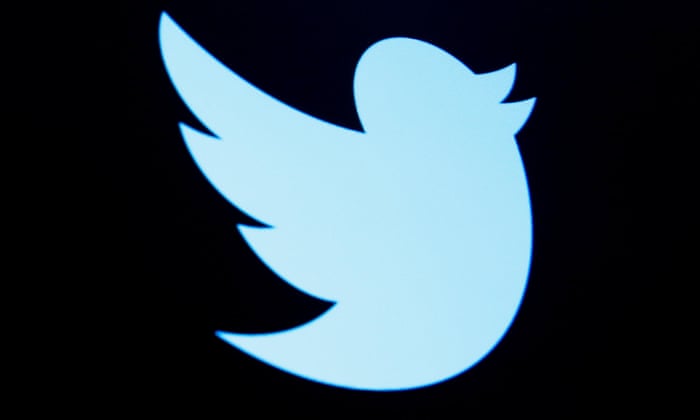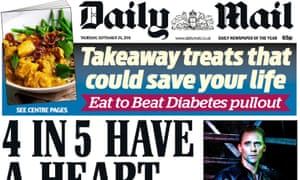Nine in ten adults in the UK (89%) say that they follow news
Newspapers are used by three in ten (31%),
decrease in those that say they use radio as a source of
news (from 36% in 2014 to 32% in 2015).
One in ten (10%) of adults say they don’t follow news
Those aged 55+ are more likely than those aged 16-24 to use TV, newspapers and
radio for news consumption
Around half (51%) of people aged 16-24 use TV for news, compared to 86% of those aged
55+
Seven in ten (69%) men use TV for news, compared to
65% of women
2) What are the most popular platforms for audiences to access news and how has this changed in recent years?
53% of those who consumed news said that the most important news source to them was a tv channel.
3) How do different age demographics access news in the UK?
86% of over 55's use television for their news whereas 59% of 15-24 year olds use the internet for their news. Also 44% of over 55's still use newspapers for their news.
4) Does socio-economic status change attitudes to news? If so, how?
People in the AB socio-economic group are more likely than those in the DE socio-economic
group to consume news on any of the four main platforms: TV (71% vs 67%), the internet
(50% vs. 29%), newspapers (38% vs. 26%) and radio (46% vs. 23%).
5) How many different sources of news are used on average? How does differ between different groups?4 major platforms- 3.5 sources used.
6) How has news consumption through television changed in recent years?
BARB shows that each adult watched 108 hours of national and international news on tv in 2014. This figure has been decreasing steadily in recent years. Over 60% of tv viewings were either on bbc1 or bbc2- 76% of people using bbc for news at least once a day, this would suggest that tv news is still being watched quite frequently but not as often as before most likely due to social media.
7) How much has news consumption through newspapers declined since 2005?
Among adults newspaper readership had fallen by around 27% in the past years. Though newspaper readership remains high amongst over 65's at 67.9%. However, combining online readerships of some newspapers like the daily mail make it the biggest in the UK with 5.5 million users...important to realise this number is also falling.
8) How does newspaper reach differ by age group?
Reach of national newspapers varies by age
group: 29.3% of 15-24s are print newspaper readers, compared to 67.9% of over-65s.21% of those aged 16-24 said they used newspapers as their main source of news whilst 44% of those aged 55 and over said they used newspapers. These figures are to be expected as a higher percentage of younger people use the internet for their news.
9) Which are the most popular newspapers and websites in the UK? What do you know about those newspapers' political viewpoints?
Of those who use the internet or apps for news, around half (51%) say they use the website
or apps of TV and radio companies to get news.
a10) How does online news consumption differ for age, gender and socio-economic status?
about six in ten (61%) 16-24s who use the internet/ apps for news say they use social media sites. Those in the ABC1 brackets tend to use online sources for news like news websites or social media.
11) What percentage of people use social media to access news? How does this differ by age and socio-economic status?
;about six in ten (61%) 16-24s who use the
internet/ apps for news say they use social media sites, however, only a quater if over 55's would say that they use social media as an access to news.
12) What percentage of users only use social media sites for their news?
Couldnt find an actual perecnatge.
13) What are the most popular online sites for news?
Around 56% of people said the bbc was their main source for online news, then it is facebook at 29% and finally google search engine.
14) What percentage of 16-24 year olds access news mostly from social media?
61%
15) How do audiences find stories online? Do you follow links or go to the homepage of the news provider?
36% of people said that they go from the homepage of an app to find news stories whilst a quarter said that they go from popups from search engines such as yahoo.
New/digital media: audience and institution
16) What are the benefits for audiences from the changes new and digital media have had on the news industry?
The benefits is that NDM has allowed audiences to access news in many different ways. Whilst people still have access to traditional mass media in print form but this is also available online and are some of the biggest websites available
17) What are the benefits for institutions from the changes new and digital media have had on the news industry?
The benefits for institutions are that they can reach more people online.
18) What are the downsides for audiences as a result of new and digital media in news?
The disadvantages for audiences is that some news online may false and not everything is trustworthy.
19) What are the downsides for institutions as a result of new and digital media in news?
The downside for institutions is that online has taken most of the advertising revenue and as a result some journalists.
20) Who has benefited most from the changes new and digital media have had on the news industry - audiences or institutions?
I believe that audiences have benefited most from changes in NDM because of things like UGC with citizen journalism it means audiences have grater freedom but it also means that institutions miss out and are at a disadvantage.


